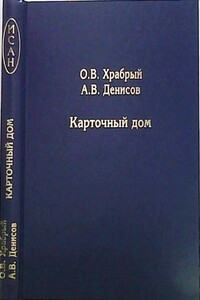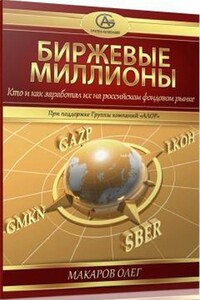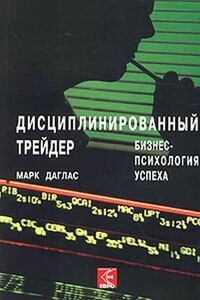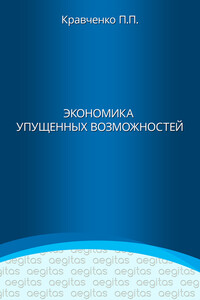
Карточный Дом
Авторы: Олег Васильевич Храбрый / Андрей Васильевич Денисов
Жанры: Инвестиции, Экономика, Научная экономика, Банковское дело
Циклы: не входит в цикл
Формат: Полный
Всего в книге 134 страницы. Год издания книги - 2022.
Авторы прослеживают механизмы скрытых монетарных интервенций на финансовых рынках, начиная с XVII в. и заканчивая валютными спекулятивными атаками XXI в., от практик эмиссии ценных бумаг и долговых расписок золотарями и ювелирами к созданию банковских картелей и централизованного эмиссионного центра под управлением Федеральной Резервной Системы США. В книге раскрываются механизмы создания и поддержания устойчивости крупнейших частных банков и финансовых корпораций США как «первичных дилеров» — каналов ввода эмитированной денежной массы в глобальную экономику. В работе приводятся факты и аргументы, указывающие на направляемый и контролируемый характер острых финансовых кризисов как в Европе и США, так и на развивающихся рынках мира. Авторы указывают на то, что стратегической задачей спекулятивных атак на развивающиеся рынки в конце XX — начале XXI в., являлось и является расширение глобальных монетарных (эмиссионных) операций под контролем ФРС США и тесно связанных с ней крупнейших финансовых корпораций. В основе этих процессов — стратегическая задача удержания контроля над эмиссией глобальной валюты группой частных бенефициаров ФРС. В работе также дается глубокий анализ стратегии крупнейших инвестиционных фондов, включая Вэнгард Групп (Vanguard Group), на фондовых рынках мира, с целью их экстренной стабилизации в ходе разрушительного воздействия новых производных финансовых инструментов. The authors trace the mechanisms of covert monetary interventions in the financial markets, from the 17th century to the currency speculative attacks of the 21st century: starting from the practice of issuing securities and debt receipts by goldsmiths and jewelers to creation of bank cartels and US Federal Reserve System, a centralized global emission center. The book reveals the mechanisms for creating and maintaining the stability of the largest private banks and financial corporations «too big to fail» in the United States as «primary dealers» — the channels of injection of emitted money supply into the global economy. The work provides facts and arguments that point to the directed and controlled nature of some acute financial crises both in Europe and the US as well as on emerging markets. The authors highlight that the strategic goal of speculative attacks on emerging markets in the late 20s and early 21st century was the expansion of global monetary (emission) operations under the control of the US Federal Reserve and major financial corporations, closely related to it. At the heart of these processes is the strategic task of retaining control over the emission of global currency by a group of private beneficiaries of the Fed. The paper also provides an in-depth analysis of the strategy of the largest investment funds, including the Vanguard Group, on the world’s stock markets, with a view to their immediate stabilization in the course of the destructive impact of new derivative financial instruments.









